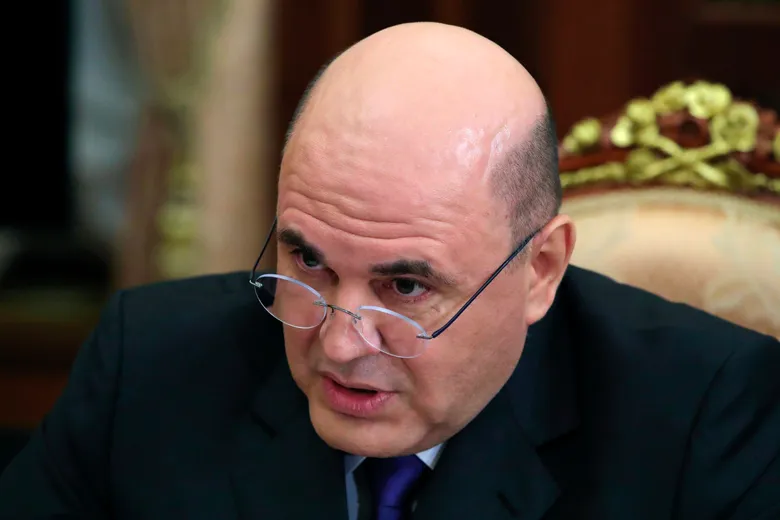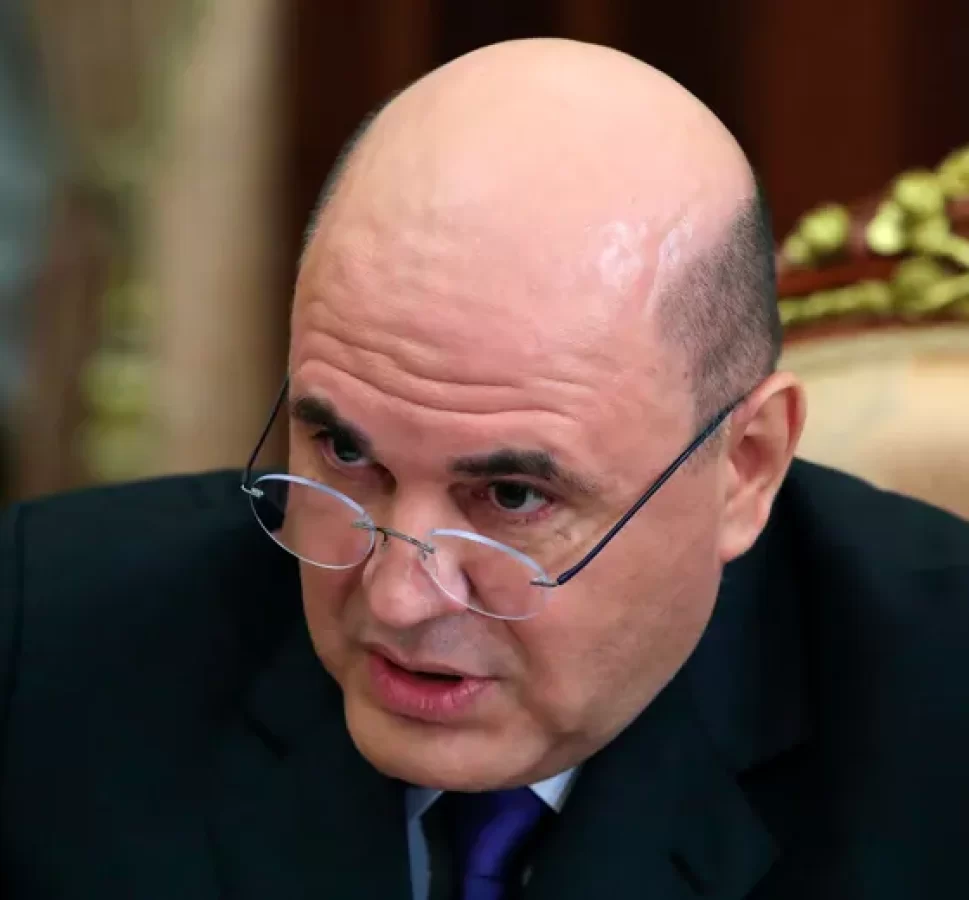
Russian Prime Minister Mikhail Mishustin has reportedly approved the petrol export ban .
Coming amid attacks on refineries, ban is intended to avert shortages and spiking prices on the domestic market.
Russia has passed a six-month ban on petrol exports from next week amid rising local demand.
The halt on petrol shipments abroad, which has been approved by Prime Minister Mikhail Mishustin and is expected to start from March 1, was confirmed by state news agency Tass on Tuesday. A similar ban last year was introduced to avert shortages and spiking prices on the domestic market.
Russian outlet RBC said Deputy Prime Minister Alexander Novak had proposed limiting exports in a letter dated February 21 that noted that the domestic market will soon see increased seasonal demand for fuel.
“In order to offset excessive demand for petroleum products, it is necessary to take measures to help stabilize prices in the domestic market,” Novak was quoted as saying in his proposal by RBC.
The ban will not apply to the member states of the Eurasian Economic Union (EAEU), which include Armenia, Belarus, Kazakhstan and Kyrgyzstan, in addition to Mongolia and Uzbekistan, as well as the breakaway Georgian regions of Abkhazia and South Ossetia.
Russia also introduced a ban on fuel exports last September, as the winter season approached, bringing in higher domestic demand that led to increased prices and shortages.
That ban had also excluded Belarus, Kazakhstan, Armenia and Kyrgyzstan. Almost all the restrictions were subsequently removed by November.
However, the latest ban will be significantly longer, with suggestions that the Kremlin is keen to rein in rising fuel prices ahead of the March 15-17 presidential election.
At the same time, the export halt should help create space for the maintenance and repair of refineries, some of which have suffered attacks in recent months amid the war in Ukraine. Moscow reduced petrol exports to non-members of the Commonwealth of Independent States last month due to damage caused to its energy infrastructure.
Russia produced 43.9 million tonnes of petrol in 2023 of which it exported about 5.76 million tonnes. The biggest importers of Russian petrol are mainly African countries, including Nigeria, Libya and Tunisia, as well as the United Arab Emirates.
Russia is already voluntarily cutting its oil and fuel exports by 500,000 barrels per day in the first quarter as part of OPEC+ efforts to support prices.






